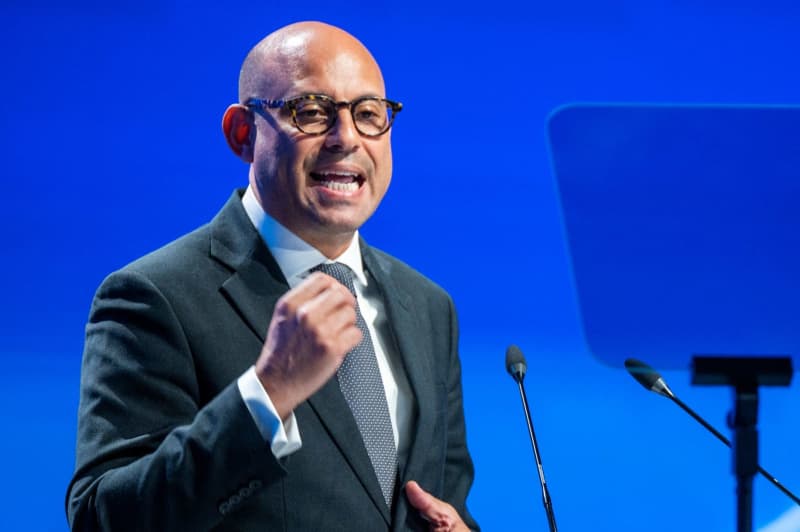Home / Environment / UN Climate Chief Sounds Alarm on Slow Adaptation Ahead of COP30
UN Climate Chief Sounds Alarm on Slow Adaptation Ahead of COP30
21 Oct
Summary
- UN climate chief Simon Stiell says climate adaptation progress is too slow
- Poorer countries lack funds and expertise to implement adaptation measures
- COP30 in November 2025 is a "key test of global solidarity" on climate action

With just one month until the next United Nations Climate Change Conference, known as COP30, the UN's top climate official is sounding the alarm on the slow pace of climate adaptation efforts around the world.
In a recent statement, Simon Stiell, the head of the United Nations Framework Convention on Climate Change (UNFCCC), acknowledged both positive and negative developments. On the positive side, Stiell noted that nearly all countries are now striving to adapt to the consequences of rising temperatures. However, he warned that the overall progress is far too slow.
Stiell pointed to the particular challenges faced by poorer nations, which often lack the necessary financial resources and expertise to implement effective adaptation measures. He stressed that climate financing from wealthier countries is not an act of charity, but a necessity to maintain global supply chains and economic stability in the face of intensifying climate impacts.
As COP30 approaches from November 10-21 in Belém, Brazil, Stiell emphasized that the summit will be a "key test of global solidarity" on adaptation issues and broader climate action. He cited Germany's recent passage of a law to better prepare the country for higher temperatures and extreme weather as an example of how nations are working to address the challenges.
With the impacts of climate change growing "more intense and uneven" each year, Stiell urged faster progress in protecting economies and communities from the threats of floods, droughts, wildfires, and storms. The upcoming COP30 conference, he said, will be a crucial opportunity for the international community to demonstrate its commitment to tackling the climate crisis.




